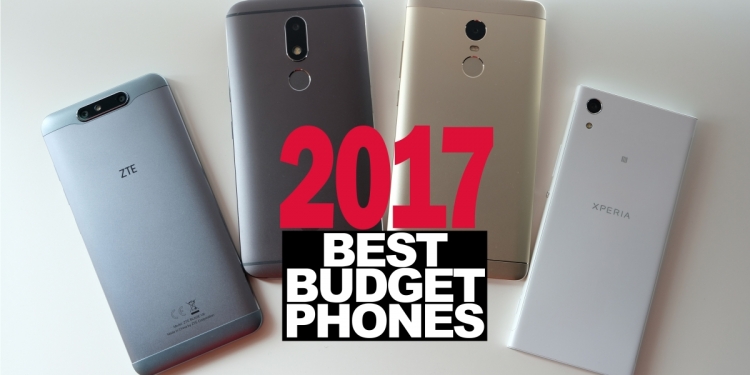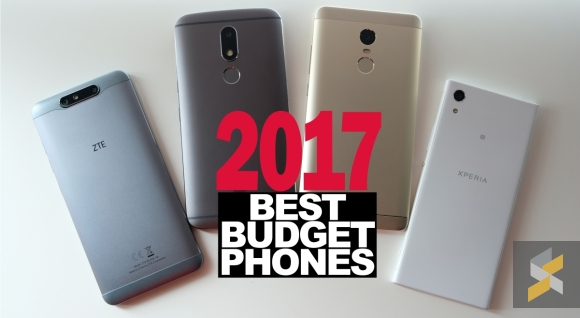UPDATE: We’ve updated the guide! Now there are four brand new smartphones for you to choose from.
It’s that time of the year again. Although a whole host of new smartphones have been launched, a lot of the conversation is about the smartphones at the top end of the market. “What about those on a tight budget?”, you must be wondering, “Do tech sites even care about those of us who can’t spend a month’s salary on a device?”, you’re probably thinking.
Well, we care. So, here are some of the best phones you can get for under RM1,200.
“But wait, wasn’t last year’s list under RM1,000?”
Yes, yes it was. But the problem is that our currency is currently in a not-so-great spot and it looks like manufacturers had to adjust their prices a little bit too. Successor phones (like the Redmi Note 4 and honor 6X) have had their base prices bumped up compared to last year.
The good news is that with the slight premium, you are also getting more smartphone so things do sort of balance each other out. This year’s crop now has their base internal storage options starting at 32GB, with some going up to 64GB too. All of them also have support for microSD expansion and supports dual SIM connectivity and 4G LTE. What’s more, not a single one of these phones are completely plastic, so you also get a pretty robust build and feel for what you’re paying.
In the pages that follow, you’ll find an entry with each phone and a brief rundown of why we chose them. Then at the end, we’ve also included a comparison table so you can compare spec sheets and pick the one that ticks the most boxes for your needs.
Besides that, we’re also including an “Editor’s Choice” where we choose two of our favourite phones and let you know why we did so.
Ready? Let’s begin.
[nextpage title=”Moto M”]
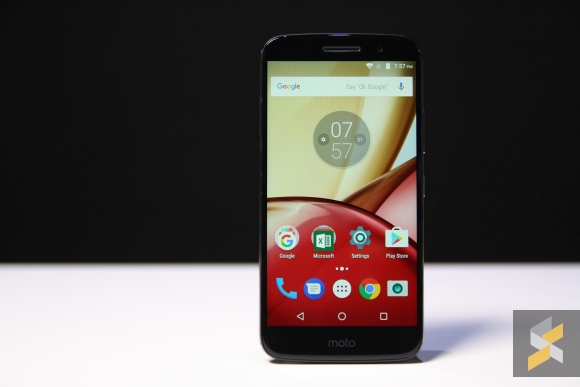
First up, we’ve got a strong entry from Lenovo in the form of the Moto M. This phone has a few highlight features that you should take note of. The first is its exceptional build quality. I think it’s probably the most premium-feeling smartphone in this list right now.
Besides that, Moto is also banking hard on the device’s media consumption abilities. They’ve bundled a nice Full HD 5.5-inch IPS display plus a Dolby Atmos-certified speaker. The only unfortunate thing is that the speaker is a single bottom-firing unit. But, it’s one of the best sounding single speakers we’ve heard yet.
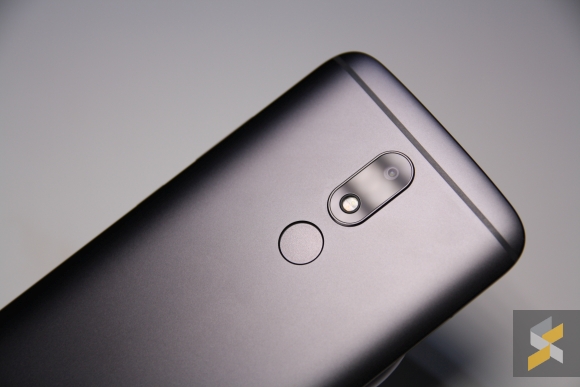
As far as specs, it’s got a MediaTek Helio P15 octa-core processor, 4GB of RAM and 32GB of expandable storage. It’s got a 16-megapixel f/2.0 aperture rear camera and an 8-megapixel f/2.0 selfie cam in front. Powering it is a 3,050 mAh battery.
Moto M — 4GB RAM, 32GB storage — RM1,199
Where to buy:
Store: Authorised Lenovo retailers
[nextpage title=”Xiaomi Redmi Note 4″]
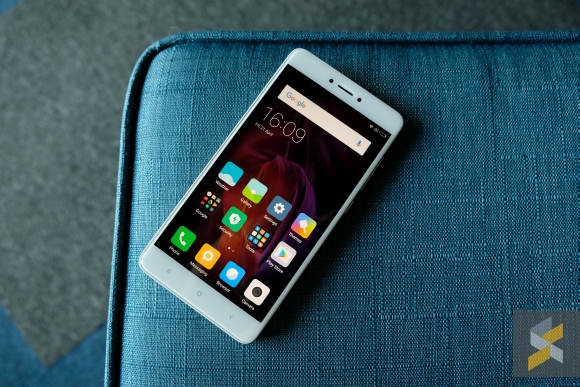
Last year’s king of this list is back again with a refreshed handset that feels even better than the previous. Meet Xiaomi’s Redmi Note 4. It comes in two variants and not only are both under RM1,200, both are also under RM1,000 which means some serious bang-for-buck.
Much like last year’s handset, the Redmi Note 4 comes back swinging with all the goodies you’ve come to expect. It’s got — probably one of our favourite processors of 2016 — the Snapdragon 625 octa-core chip, with 3GB or 4GB of RAM and 32GB or 64GB of internal storage. We like the Snapdragon 625 because it’s an incredibly frugal 14nm chip that works well with the Redmi Note 4’s large 4,100 mAh battery to give you some seriously good battery life.
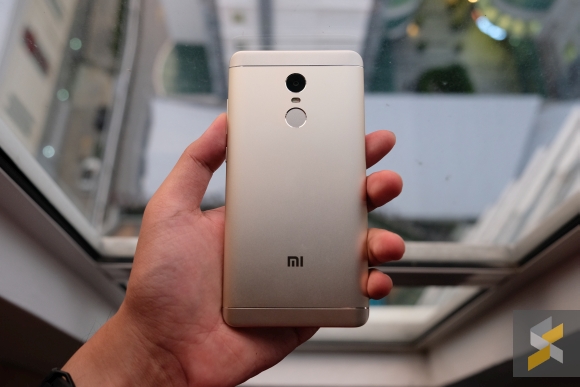
It also has a 13-megapixel f/2.0 camera at the back with a 5MP selfie shooter in front. You will also find a 5.5-inch Full HD IPS display, dual SIM 4G LTE support, and a metal body that feels a lot more solid compared to its predecessor.
Xiaomi Redmi Note 4 — 3GB RAM/32GB storage — RM799
Xiaomi Redmi Note 4 — 4GB RAM/64GB storage — RM949
Where to buy:
Online: Lazada
Store: Authorised Xiaomi retailers
[nextpage title=”honor 6X”]
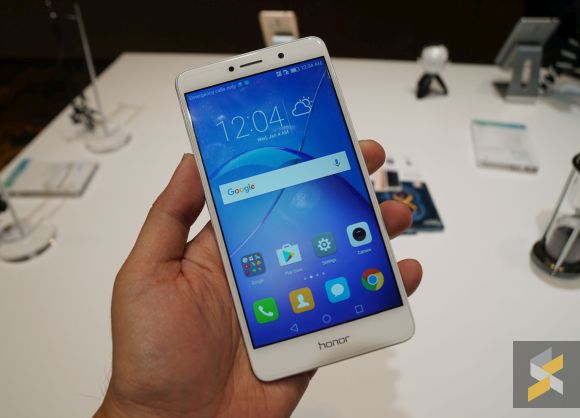
The honor 5X was a pretty solid smartphone. It had reasonable specs but what made it stand out was its solid construction and premium build. This year, the metal phone returns in the form of the honor 6X which ups the ante on the smartphone front, featuring a dual-camera setup.
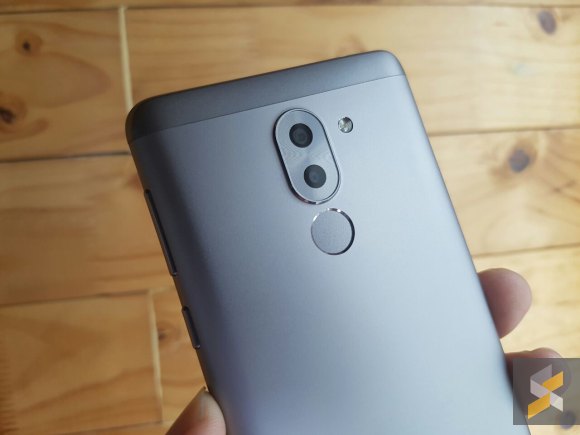
honor’s 6X employs a 12MP+2MP primary camera setup that utilises the secondary camera for bokeh effects in photographs. It’s a nifty little way to add some spice to your photos. You also get an 8-megapixel selfie shooter.
Powering the handset is a Kirin 655 octa-core processor and 3GB of RAM. There’s 32GB of onboard storage which users can then expand via a hybrid MicroSD card slot. Wrapped up in a metal body you will also find a 3,340 mAh battery to keep the lights on.
There is also a variant with 4GB of RAM and 64GB of storage, if you want more power, but it is more expensive, coming in at RM1,399.
honor 6X — 3GB RAM/32GB storage — RM1,199
Where to buy:
Online: Vmall.my, Lazada
Store: Authorised honor retailers
[nextpage title=”Sony Xperia XA1″]
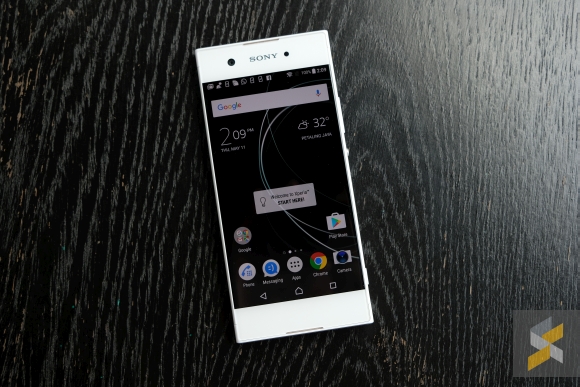
Sony’s Xperia XA1 is an interesting new addition to the list. Despite the fact that many smartphone manufacturers have increased the price of their handsets to cushion the fall of the Malaysian Ringgit, this year’s XA1 debuts at the same price as last year’s XA, but it comes bundling a bunch of upgraded specs.
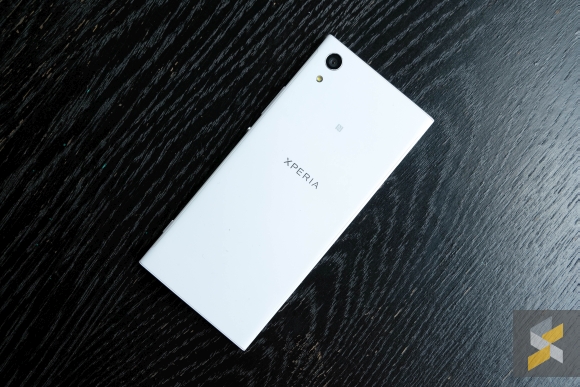
For starters, you get a MediaTek Helio P20 octa-core processor, 3GB of RAM and 32GB of internal storage — upgraded across the board. Then, Sony also slapped on a new body that, despite looking rather similar to the XA, is a lot more premium-feeling.
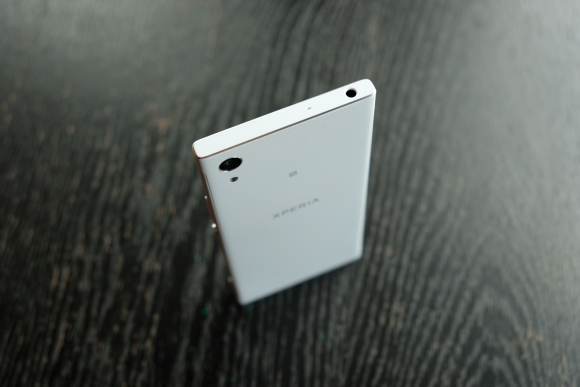
The XA1 also sees an upgraded camera module, with a 23MP Exmor RS primary shooter with an 8MP selfie camera to boot. The handset charges via USB Type-C and has a 2,300 mAh battery. Although the screen remains an unfortunate 720p 5-inch panel, Sony also kept the bezels super slim so that lends a more 2017 vibe.
Sony Xperia XA1 — 3GB RAM/32GB storage — RM1,199
Where to buy:
Store: Authorised Sony retailers
[nextpage title=”ZTE Blade V8″]
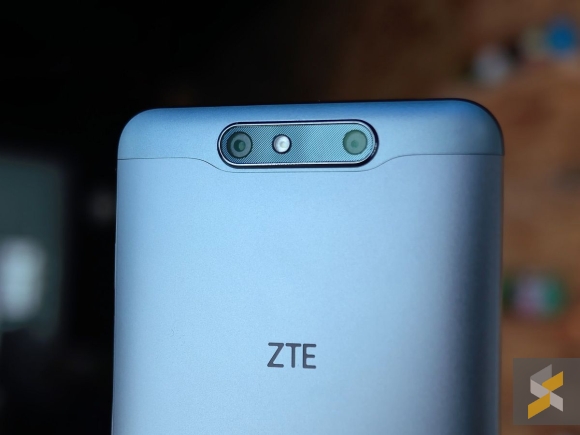
ZTE’s upped the ante with their new budget smartphone, the Blade V8. This time, the handset comes with not one but two cameras at the back! It’s a 13MP+2MP combo with the ability to shoot special bokeh-fied shots and capture 3D photos which can then be viewed in virtual reality.
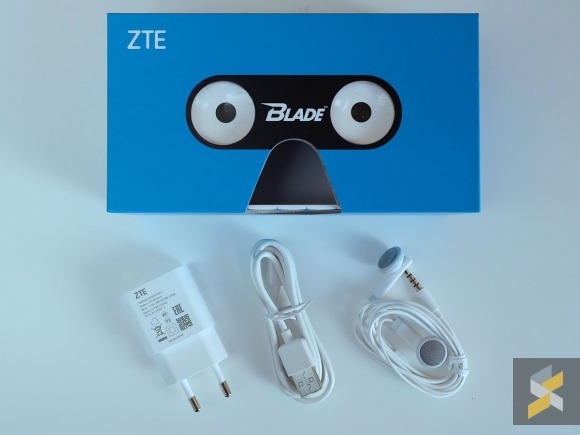
In fact, the smartphone box that the V8 comes in also doubles as a Google Cardboard-esque VR headset. In front, ZTE has also bundled a 13-megapixel f/2.2 selfie shooter with beautification software.
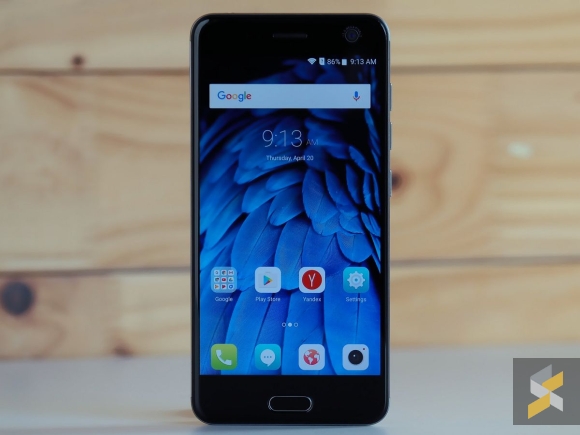
In front, you’ll find that the Blade V8 sports a 5.2-inch Full HD IPS display. Inside, the handset is powered by a Snapdragon 435 octa-core processor mated to 3GB of RAM with 32GB of built-in memory for internal storage.
Keeping the lights on is a 2,730 mAh battery and the device comes running Android 7.0 Nougat out of the box.
ZTE Blade V8 — 3GB RAM/32GB storage — RM999
Where to buy:
Online: Lazada Malaysia
Store: Authorised ZTE retailers
[nextpage title=”OPPO A57″]
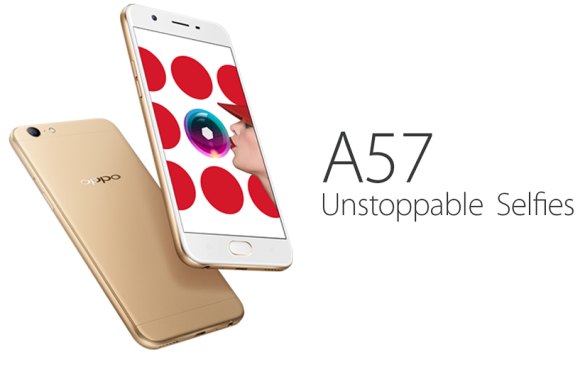
OPPO’s A57 is a budget of their more expensive selfie expert smartphones like the F1s and F1 Plus. As a result, you’re getting a 16-megapixel f/2.0 aperture front camera with various beautification modes including OPPO’s Selfie Expert Beautify 4.0 software. Around back you’ll find a 13-megapixel primary camera with an f/2.2 aperture lens.
Inside, the A57 is powered by a Snapdragon 435 octa-core processor mated to 3GB of RAM with 32GB of internal storage. This storage is further expandable via a microSD card slot. In front, you’ll find a 5.2-inch HD 720p IPS display.
Keeping everything juiced is a 2,900 mAh battery. There’s also OPPO’s super fast fingerprint scanner in front. The phone comes running Android 6.0 Marshmallow out of the box with ColorOS 3.0 running on top.
OPPO A57 — 3GB RAM/32GB storage — RM1,098
Where to buy:
Online: OPPO Online store
Store: Authorised OPPO retailers
[nextpage title=”Neffos X1 Max”]
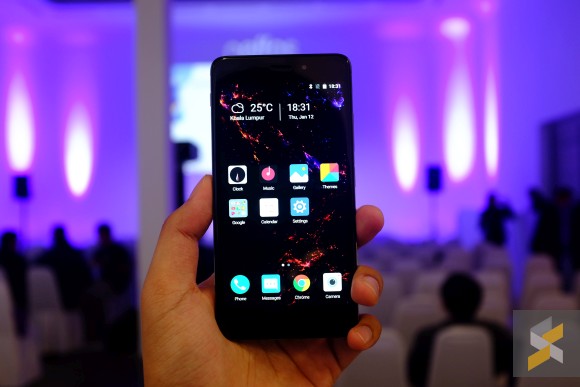
TP-Link, yes the incredibly popular router maker, ventured into the smartphone business last year. With an initial launch of several entry-level phones, their latest line of Neffos X1 devices is designed to take on the mid-range market and the X1 Max is the bigger and more powerful sibling.
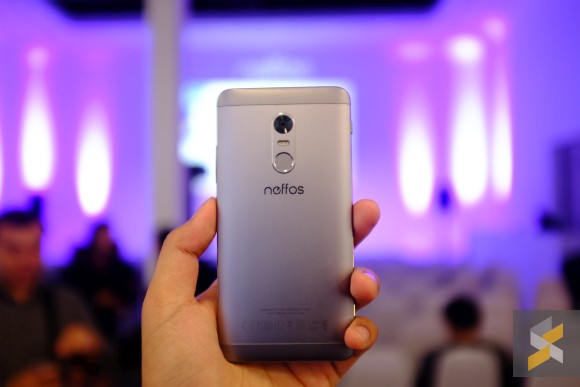
You get a 5.5-inch Full HD IPS display, a MediaTek Helio P10 octa-core processor, 3GB or 4GB of RAM plus 32GB or 64GB of internal storage. Powering the handset is a 3,000 mAh battery while a 13MP/5MP camera combo handles photos.
All of those specs are bundled nicely in a metal body that’s pretty ergonomic in the hand while also lending a more premium touch to the handset. It’ll come running Android 6.0 Marshmallow out of the box.
If 5.5 inches is too big for you, Neffos also makes a smaller (and more affordable) X1 with a 5-inch HD display instead.
Neffos X1 Max — 3GB RAM/32GB storage — RM999
Neffos X1 Max — 4GB RAM/64GB storage — RM1,199
Where to buy:
Online: Lazada
More reading: Neffos X1 hands-on
[nextpage title=”Samsung Galaxy J7 Prime”]
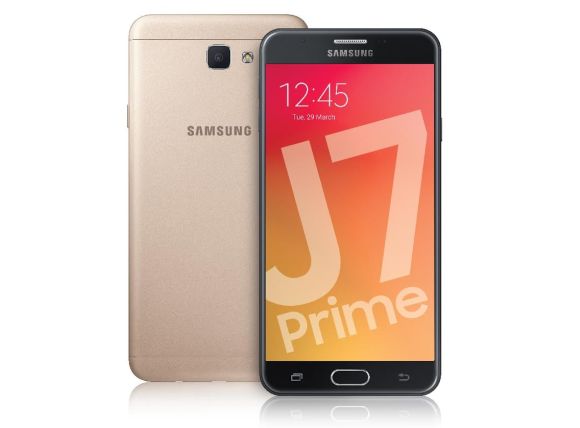
Samsung’s Galaxy J series is by far their most popular smartphone line. It’s designed to be affordable and this year’s Galaxy J7 Prime is a pretty good handset too. It’s got a metal body with a flush camera hump. In front, you’ll find a 5.5-inch Full HD LCD display that’s pushing 1920×1080 pixels.
Inside, it’s powered by an Exynos 7870 octa-core processor mated to 3GB of RAM and 32GB of internal storage. One of the things that set this phone apart from many of the devices on this list is the inclusion of a dedicated microSD card slot.
For photos, you’re getting a 13-megapixel f/1.9 aperture camera at the back with an 8-megapixel f/1.8 aperture snapper in front. Powering everything is a 3,300 mAh battery. The handset will come running Android 6.0 Marshmallow out of the box.
Samsung Galaxy J7 Prime — 3GB RAM/32GB storage — RM1,199
Where to buy:
Store: Authorised Samsung retailers
[nextpage title=”Wiko Ufeel Prime”]
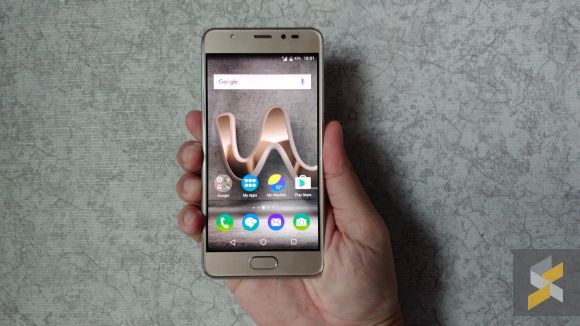
Wiko is probably one of the more lesser known brands on this list. They’re a French company that’s seeing exponential growth in Europe. We’ve covered some of their devices on our site so far too. This is one of the company’s more powerful smartphones — they specialise in budget devices — and it’s part of the company’s Ufeel line.
The Ufeel Prime will come with a 5-inch Full HD display, a Snapdragon 430 octa-core processor, 4GB of RAM and 32GB of internal storage. Photos are captured using a 13MP/8MP camera combo while power is delivered via a 3,000 mAh battery.
Wiko Ufeel Prime — 4GB RAM/32GB storage — RM899
Where to buy:
Store: Authorised Wiko retailers
[nextpage title=”ASUS ZenFone 3 Max”]

It’s not uncommon for ASUS to launch several variants of their core ZenFone 3 smartphone. This ZenFone 3 Max, for example, is the variant that’s designed to have excellent battery life at an affordable price point.
For your money, you will be getting a 5.5-inch Full HD IPS display (1920×1080 pixels), a Snapdragon 430 octa-core processor, 3GB of RAM and 32GB of internal storage. At the back, you’ll find a 16-megapixel f/2.0 aperture camera while an 8MP selfie shooter sits in front.
However, the phone’s party piece lies in its 4,100 mAh battery which is pretty large for its specs.
What’s more, there’s also a smaller (and more affordable) 5.2-inch version (ZC520TL) of this handset which you can pick up if this larger one is too unwieldy for you.
ASUS ZenFone 3 Max — 3GB RAM/32GB storage — RM999
Where to buy:
Online: DirectD
Store: Authorised ASUS retailers
[nextpage title=”Nubia M2 Lite”]
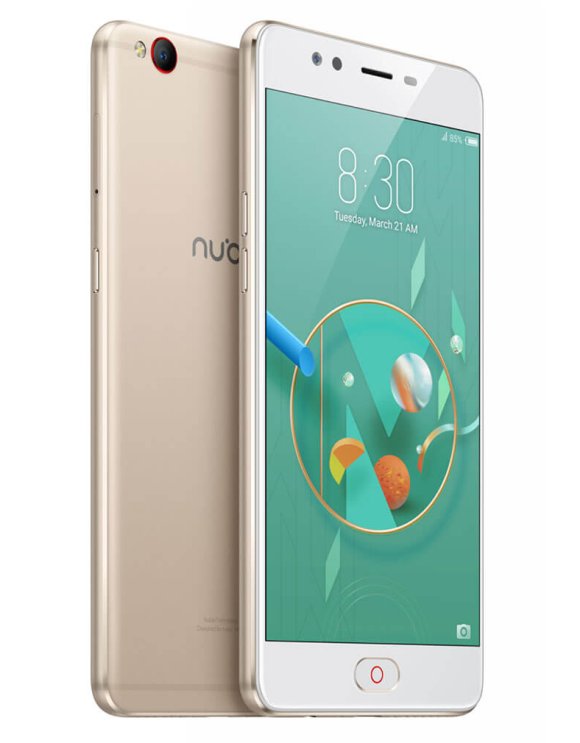
ZTE’s independent brand Nubia is setting its sights on the selfie-centric market and has gone after big player OPPO with its brand new Nubia M2 series of smartphones. Although the more powerful, dual-camera enabled M2 stole the spotlight, the lighter M2 Lite actually packs some decent camera specs too.
It’s got a 16-megapixel f/2.0 aperture front-facing camera for some high-resolution selfie imagery. At the back, you lose the dual-camera setup of the M2 but you still have a 13-megapixel f/2.2 aperture shooter.
Besides that, you get a MediaTek MT6750 octa-core processor, 4GB of RAM and 32GB of internal storage. Although the processor is a little lacklustre, you do get copious amounts of memory.
Nubia M2 Lite — 4GB RAM/32GB storage — RM1,199
Where to buy:
Online: Lazada
[nextpage title=”Nokia 6″]
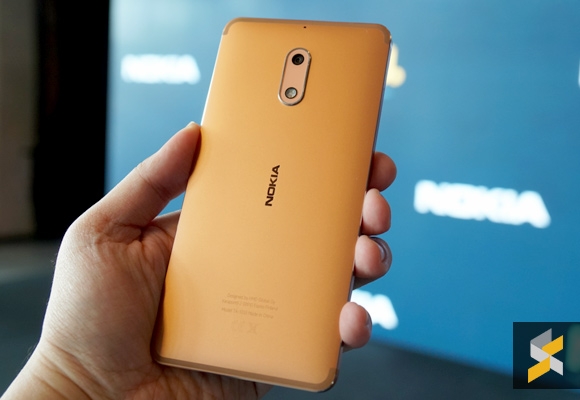
Nokia is back in Malaysia and they’ve got a pretty decent lineup of smartphones. At the top of the pack is the Nokia 6 and it’s probably one of the most solid smartphones to date.
As far as specs are concerned, it’s got a 5.5-inch Full HD IPS display, a Snapdragon 430 processor, 3GB of RAM and 32GB of internal storage. For photos, the Nokia 6 will feature a 16-megapixel f/2.0 aperture camera at the back and an 8MP selfie shooter.
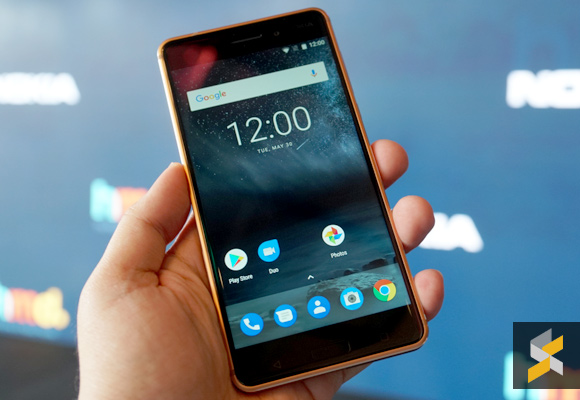
But specs are only skin deep. Nokia’s big selling point with their new line of smartphones is the software. HMD, the company that owns the rights to Nokia smartphones, has committed to proper Android version updates and these devices will be getting Android O when it comes out.
To find regular software updates on a budget device is very rare so this is actually a really great move by the Finnish company.
Nokia 6 — 3GB RAM/32GB storage — RM999
Where to buy:
Store: Authorised Nokia retailers
[nextpage title=”Wiko Upulse”]
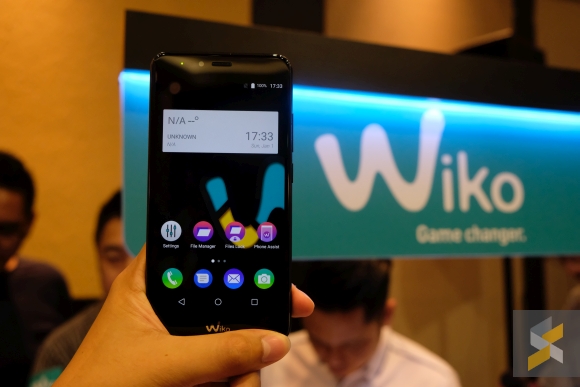
Wiko unveiled a trio of Android Nougat smartphones recently and the top dog is the Wiko Upulse smartphone. It’s got a MediaTek MT6737 quad-core processor with 3GB of RAM and 32GB of internal storage (expandable via a dedicated microSD card slot). The handset also features a 5.5-inch HD IPS LCD display pushing 1280×720 pixels.
On the camera side of things, the device will sport a 13-megapixel f/2.0 and 8-megapixel f/2.0 camera with selfie flash. Keeping the device powered is a 3,000 mAh battery. It’s also got a metal body which is nice.
Wiko Upulse — 3GB RAM/32GB storage — RM799
Where to buy:
Store: Authorised Wiko retailers
[nextpage title=”Huawei Y7 Prime”]
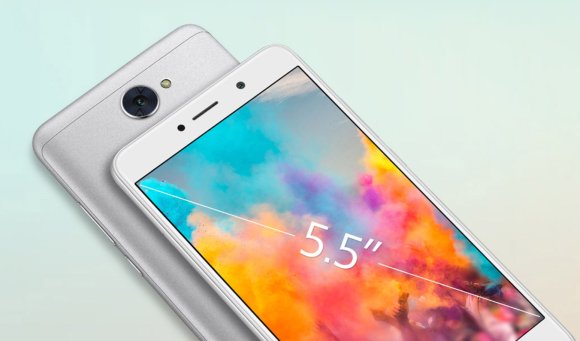
Huawei isn’t know for doing budget smartphones but if you’re looking for one there are some out there. The latest one to grace Malaysian shores is the Huawei Y7 Prime. Ignoring the familiar naming scheme, the Y7 Prime does have a big feature and that is its 4,000 mAh battery.
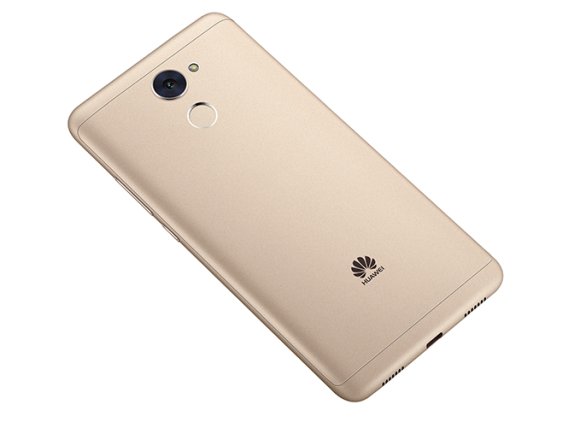
It’s an all-metal smartphone with a fingerprint scanner at the back. In front, the Y7 Prime has a 5.5-inch IPS LCD display that pushes a HD resolution of 1280×720 pixels. Inside, you will find a Snapdragon 435 quad-core processor, 3GB of RAM and 32GB of internal storage.
For photos, the Y7 Prime will get a 12-megapixel primary camera at the back and an 8-megapixel selfie shooter in front. It will come running Android 7.0 Nougat with Huawei’s EMUI running on top.
Huawei Y7 Prime — 3GB RAM/32GB storage — RM999
Where to buy:
Store: Authorised Huawei retailers
[nextpage title=”Comparison”]
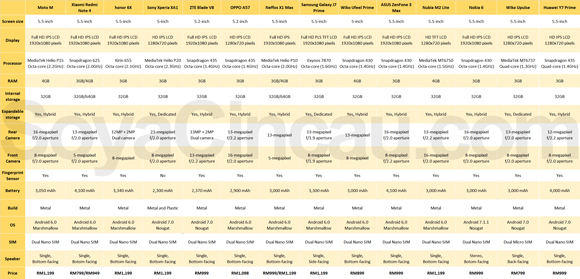
Click to enlarge
Here’s a table of all the smartphones we featured on this list. When deciding on a budget device to purchase, I always tell people to first figure out what they want their smartphone to do.
Good battery life? Well, then you should look for a combination of large battery capacity and frugal processor. In this case, the Redmi Note 4 is a pretty good choice because it’s got a large 4,100 mAh battery capacity mated to a frugal 14nm Snapdragon 625 processor. ASUS’s ZenFone 3 Max is also a good choice because it also features a large battery.
Good performance? Well, that’s when you look for hardware specs and software optimisation. The more powerful processors on this list are the MediaTek Helio P20 and the Snapdragon 625 octa-core chips. When it comes to performance, a phone’s OS is also important so a light skin — like the near-stock experience on the Moto M — will be less taxing on your hardware.
One other aspect that many tend to overlook is when it comes to memory expansion. Although all the phones here start at 32GB of internal storage, over the course of the year, 32GB can fill up pretty quickly. So, if you’re looking to expand your storage with a microSD card and are a Dual SIM user, you should really look for a dedicated microSD card slot. The Sony Xperia XA1 and Samsung Galaxy J7 Prime are two examples of phones with 2 SIM slots and a microSD slot. If you don’t go for a phone with a dedicated slot, you will have to give up one of your SIMs or live on the device’s base storage.
[nextpage title=”Editor’s Choice”]
Now, it’s time for the Editor’s Choice. Here are our favourite picks from this list.
The ultimate all-rounder — Xiaomi Redmi Note 4
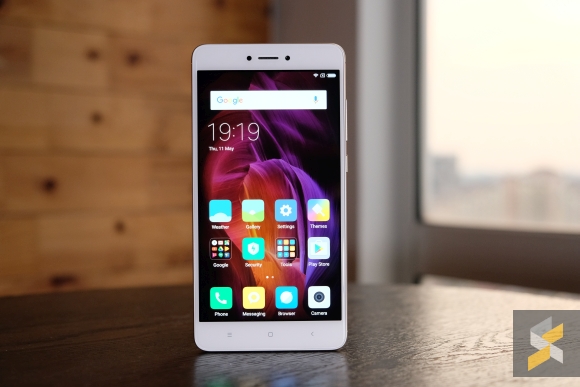
Two years in a row, Xiaomi’s Redmi Note series has claimed the top spot in our budget smartphone list. This year’s Redmi Note 4 pairs solid performance with exceptional battery life and a good build for a great budget handset experience overall.
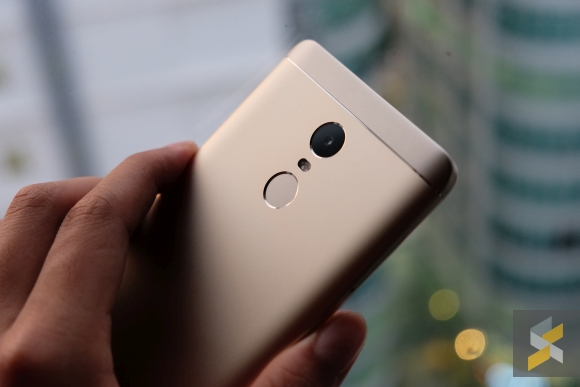
What’s more, its camera is also an improvement over last year’s Redmi Note 3 especially when it comes to low light photos. Pair that with the sub RM1,000 price tag (even for the 4GB RAM/64GB storage variant) and you just have a value package that nobody can beat right now.
Best software experience — Nokia 6

It’s pretty rare for a budget smartphone to get Android version updates but HMD Global has committed to upgrading the brand new Nokia smartphones (including this Nokia 6) to Android O when it comes out. And that’s really great.
Currently, the handset is running on a really stock version of Android 7.1.1 Nougat with some nice added features. You get the Google Pixel’s nifty swipe app drawer app which is great.
The fact that the Nokia 6 is probably one of the most durable phones on this list is also a really nice addition. Still, we don’t recommend dropping this device for the fun of it and we will not be responsible for any damage to your beloved Nokia.
Best build and great for content consumption — Moto M
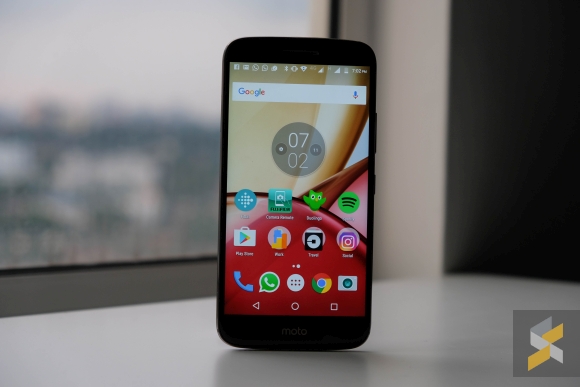
The Moto M is really an impressive device. I personally am a big fan of it because of its exceptional build quality and near-stock operating system. I think that it’s easily the best-built smartphone on this list — it feels like a mini HTC 10 which is absolutely awesome.
The only thing that bums me out about it is that the OS is still on Marshmallow despite the fact that it’s so close to stock.
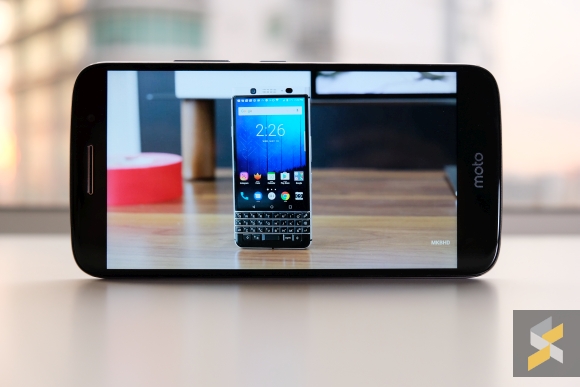
However, it is a great smartphone for content consumption on the go. That’s in part due to the fact that the Moto M has a nice 5.5-inch Full HD display that’s crisp and has good viewing angles, but, the really special bit is its speaker.
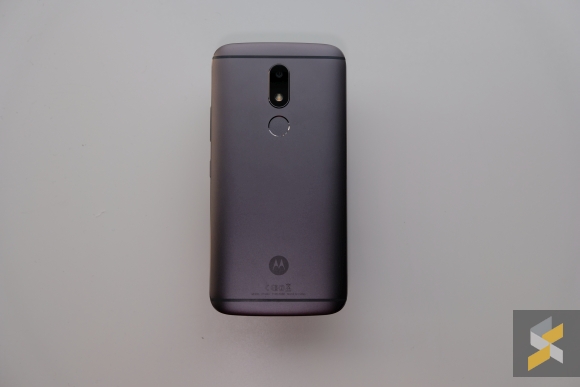
Although it’s a single speaker setup, Dolby and Moto must have worked their magic on it because it is a really nice-sounding single speaker. It’s loud without much distortion and it does a good job in filling the room so you won’t really have to cup it like you would on most single-speaker phones.

